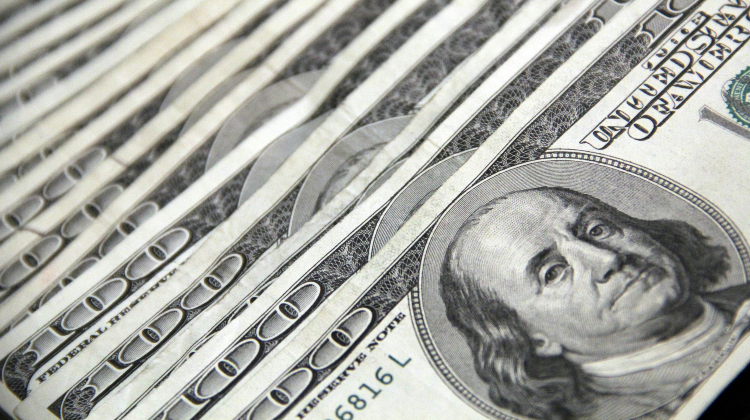What makes us trust our institutions?
The exorbitant privilege of trust

Last week, I attended the 43rd Portuguese Economic History Association meeting in Lisbon. Besides presenting some of my research, I also had the pleasure of hearing my PhD supervisor Barry Eichengreen deliver the keynote address on the role of the US dollar in the international monetary system. While this blog may not be the place to discuss the details of the talk, the central message was that the dollar remains the pre-eminent currency in the world because it is not only powered by the world's largest economy but also most other countries trust that it will remain the most liquid and reliable means to conduct international transactions. In other words, the dollar's "exorbitant privilege" relies on the faith that it will be managed well relative to other competing currencies (say, the euro or the renminbi) and that other countries believe it too.
Why am I writing about this? Because as an international member of our university, the idea that we need to trust our institutions and others resonates with me, especially given the uncertainty in global affairs today. The US presidential election earlier this month may have shaken our faith that the world could share a vision of how we conduct ourselves in the face of seemingly endless problems: climate change, wars in Ukraine and Gaza, cost of living increases, potential ruptures in global trade, and populists advocating an inward turn against international students, workers, and migrants.
Perhaps naively, I do trust that our institutions can survive and overcome these issues, and that is because I see it in our daily interactions, both large and small. Having a stranger walk up to me to return a ticket that fell from my pocket; seeing my colleagues and students show solidarity with each other following the announcement of austerity measures from university funding cutbacks. To know that we care for each other is not trivial and maybe adversity may bring more of that out and not less.
At the same time, I also recognize that my worldview is tied to my privilege and that I need to remind myself not to take it for granted. One example of that occurred this past summer when for a few weeks I was an undocumented migrant. My residency visa had expired and while the paperwork for an extension had already been approved, for a time I had no identification that showed I lived in the Netherlands legally. Unlike most undocumented or irregular migrants, however, I had an American passport, which allowed me to remain in the country as a tourist for ninety days since my last overseas trip. So, while it was an unsettling period for me, I cannot fathom the stress of those without such an exorbitant privilege of assuming that the institutions that would protect me would do the same for them.
So which comes first, trust or privilege? From Barry's lecture, the answer would be the former; from my own recent experience, perhaps the latter. At the least, I think it is important to see how both coexist and that having more of one allows us to have more of the other. And if we are lucky enough to have them, this also means we should provide more of both to those who have less.